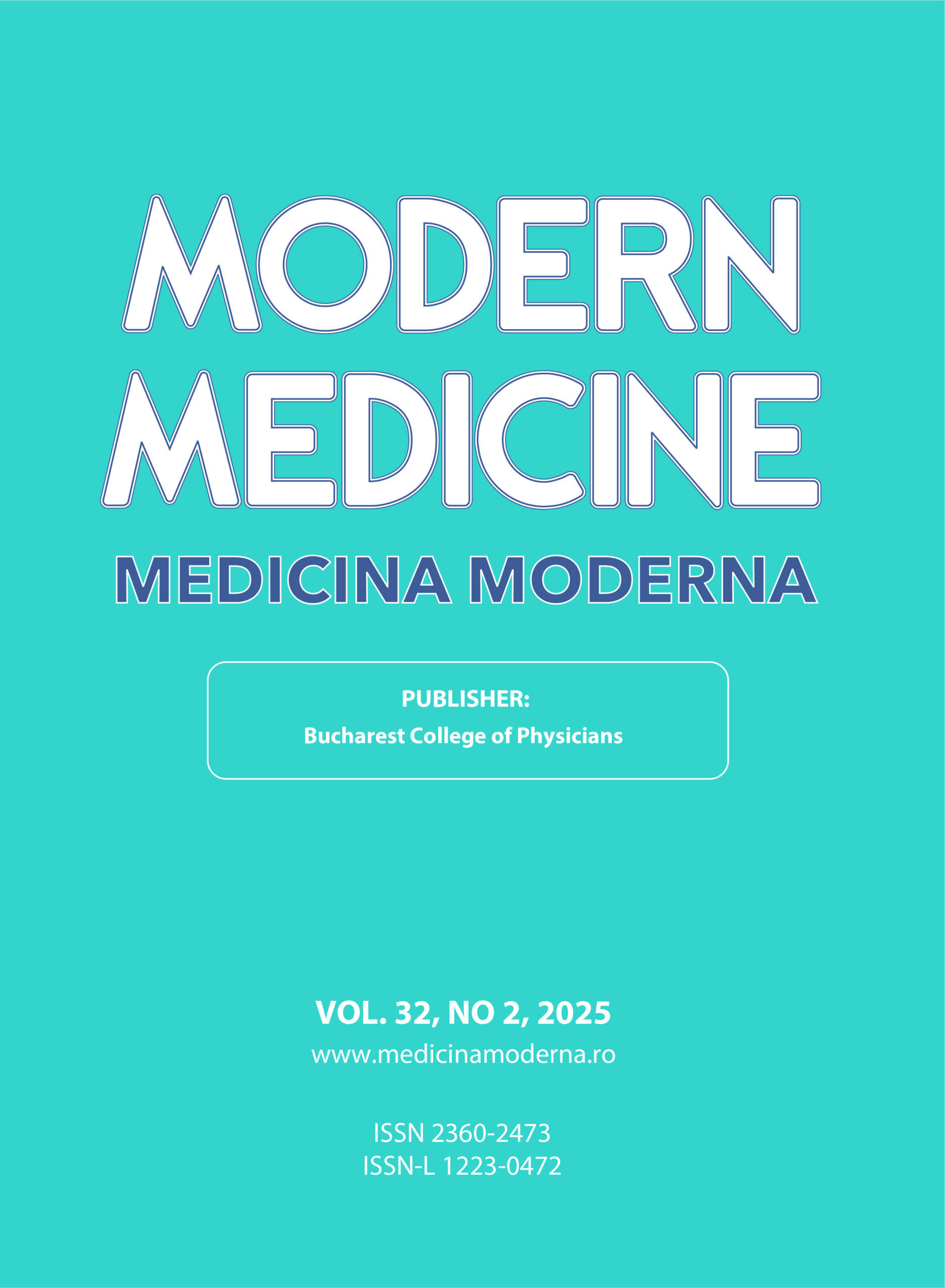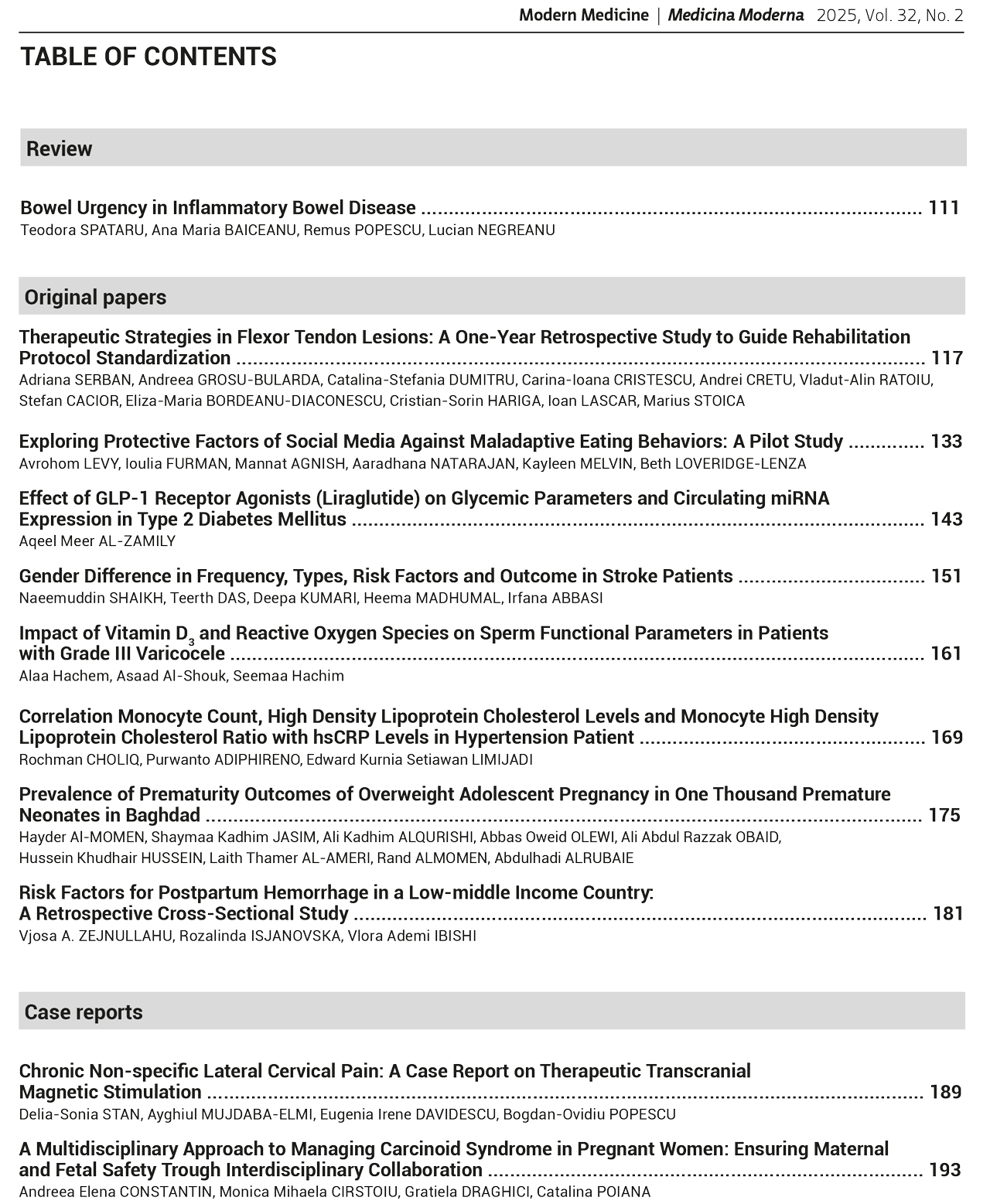Introduction. Postpartum hemorrhage is an obstetric emergency and despite low mortality rate in developed countries, PPH remains a significant cause of maternal morbidity and mortality in low and middle-income countries. Material and methods. We conducted a retrospective cross-sectional study to determine the prevalence and risk factors for early postpartum hemorrhage (PPH) in a cohort of women who gave birth at the Clinic for Obstetrics and Gynecology in Pristina, from January, 2022 to December, 2022. PPH was defined as cumulative blood loss ≥1000 ml. Odds ratio (OR) with 95 % confidence intervals were calculated for each risk factor. Results. Primary PPH was found in 166 patients (1.8%) among the total studied population of 8.744 patients. Risk factors for primary PPH were maternal age >35 years (OR 5.3846; 95% CI; 3.2094-9.0341 and p=.0000), high parity ≥3 (OR 4.3333; 95% CI; 2.2161-8.3022 and p=.0000), preterm birth (OR 3.6111; 95% CI;2.2382-5.8263 and p=.0000), placenta accreta spectrum (OR 7.3000; 95% CI; 4.1797-12.7498 and p=.0000), cervical, perineal, vaginal lacerations (OR 1.7667; 95% CI; 1.1388-2.7407 and p=.0107). Peripartum hysterectomy was performed in three patients (1.8%), coagulopathy was identified in one patient (0.6%) and uterine inversion in two patients (1.2%). Three patients (1.8%) received five doses of blood transfusion. No statistically significant association was found between the PPH and previous cesarean delivery, mode of delivery, multifetal pregnancy, preeclampsia and placenta previa. Conclusion. Maternal age >35 years, parity ≥3, preterm birth, cervical, vaginal, perineal lacerations and placenta accreta spectrum (PAS) were risk factors for primary PPH. Conducted in resource-limited settings, current study highlighted significant substandard practices related to PPH management at the Clinic for Obstetrics and Gynecology in Pristina, Kosovo. Improvements in clinical protocols and adherence to national guidelines are crucial to reducing the burden of PPH in less developed countries like Kosovo.





